
NO&T Dispute Resolution Update
NO&T Asia Legal Review
Anti-suit injunctions (“ASIs”) are an important tool in international dispute resolution. Key functions of ASIs are to enforce arbitration agreements and restrain a party from pursuing foreign court proceedings in breach of such agreements.
In the recent case of Cooperativa Muratori and Cementisti – CMC di Ravenna, Italy v Department of Water Supply & Sewerage Management, Kathmandu and other [2025] SGHC(I) 16 (“CMC v MB”), the Singapore International Court (“SICC”) considered an application for an ASI against a foreign state-linked entity.
The case raised issues concerning the requirements for contractual ASIs and applicable principles of sovereign immunity where an ASI is sought against a state or state-linked entity.
The claimant, Cooperativa Muratori and Cementisti – CMC di Ravenna, Italy (“CMC”) entered into a contract with the second defendant, Melamchi Water Supply Development Board (“MB”) for the provision of construction services for a project to alleviate chronic water shortage in Kathmandu Valley, Nepal. MB was formed by the Government of Nepal as the implementing agency for the project.
The contract between CMC and MB provided for disputes to be resolved by arbitration administered by the Singapore International Arbitration Centre (“SIAC”) under the SIAC Rules, with Singapore as the “place of arbitration”.
CMC subsequently terminated the contract and commenced SIAC arbitration against the defendants. One of the issues in dispute concerned the seat of the arbitration, which CMC maintained was Singapore and MB submitted was Nepal. The arbitral tribunal determined that the seat was Singapore (“Seat Decision”). MB thereafter applied to the courts in Nepal to set aside the Seat Decision (“Set Aside Application”). In response, CMC applied to the Singapore courts for an ASI to restrain MB from pursuing the Set Aside Application.
The SICC granted CMC’s application and held that MB did not enjoy immunity from the jurisdiction of the Singapore courts under the State Immunity Act 1979 (“SIA”).
To determine the applicable requirements for CMC’s application, the Court first distinguished between two categories of ASIs: (i) contractual ASIs, which restrain the pursuit of foreign proceedings in breach of an arbitration agreement or jurisdiction clause; and (ii) non-contractual ASIs, which restrain the pursuit of foreign proceedings that unduly interfere with the process, jurisdiction or judgments of the Singapore courts; or amount to vexatious conduct.
The Court further clarified that three requirements that must be established for the grant of a contractual ASI as follows: (i) the defendant is amenable to the jurisdiction of the court; (ii) the foreign proceedings are in breach of an arbitration agreement or an exclusive jurisdiction clause between the parties; and (iii): there are no strong reasons to decline enforcement of the parties’ agreement.
The Court held that all three requirements were met in CMC’s application for a contractual ASI to restrain CMC from pursuing the Set Aside Application.
First, the Court found that the parties’ designation of Singapore as the “place of arbitration” under the contract constituted an express or implied agreement for Singapore to be the seat of arbitration, and that MB had submitted to the supervisory jurisdiction of the Singapore courts by virtue of such agreement. Second, the Court held that by its agreement to arbitrate, MB had a negative obligation not to challenge the Seat Decision other than before the courts of the seat of the arbitration, i.e. the Singapore Courts. Accordingly, MB’s Set Aside Application was a clear breach of this obligation which the Court should prima facie restrain by grant of an ASI in the absence of strong reasons to the contrary. Third, the Court considered that there was no unreasonable delay on CMC’s part in applying for the ASI that might otherwise weigh against the grant of the ASI.
The Court further considered whether MB, as an entity linked to the Government of Nepal, was entitled to sovereign immunity from the Court’s jurisdiction (such that no ASI could be issued against MB). While the issue had not been raised by CMC or MB, the Court held that it was compelled to do so on its own mention by virtue of section 3(2) of the SIA.
The Court noted as a starting point the distinction under the SIA between immunity from the court’s adjudicative jurisdiction (“adjudicative immunity”) and its enforcement jurisdiction (“enforcement immunity”).
As regards adjudicative immunity, there is an exception under Section 11(1) of the SIA, that applies where a state has agreed in writing to submit a dispute which has arisen, or may arise, to arbitration. It provides that a state is not immune in respect of Singapore court proceedings that relate to the arbitration.
The Court held that, given its earlier finding that MB had agreed to submit to the jurisdiction of the Singapore courts, the exception to adjudicative immunity under section 11(1) of the SIA clearly applied.
As regards enforcement immunity (which would extend to the grant of ASIs to enforce an arbitration agreement), the Court held that MB did not enjoy such immunity because on the facts, MB was a “separate entity” and not a “department of government” under section 16(1) of the SIA. Key to the Court’s decision was the fact that the contract involved the supply of services and thus a commercial transaction as opposed to an act in exercise of sovereign authority that would attract immunity. In addition, MB was, as constituted and recognised under the laws of Nepal, a body corporate entitled to transact and hold immovable and immovable property, and capable of suing and being sued. These features indicated that MB was not a “department of government” that would enjoy immunity under the SIA.
Accordingly, the Court held that the prohibition under Section 15(2) against the grant of injunctive relief against a state (which includes a department of government), did not apply.
The SICC’s decision in CMC v MB provides welcome clarification on the requirements for contractual ASIs to enforce arbitration agreements and accords with the Singapore courts’ pro-arbitration stance.
Further and as emphasised by the SICC, parties seeking injunctive relief in the Singapore courts against states or state-linked entities should proactively raise any possible issue of sovereign immunity to the court’s attention and ensure that it is addressed. This is not only because issues of sovereign immunity affect whether such relief is available in a given case, but also carry wider implications on important matters such as comity and state sovereignty.
This newsletter is given as general information for reference purposes only and therefore does not constitute our firm’s legal advice. Any opinion stated in this newsletter is a personal view of the author(s) and not our firm’s official view. For any specific matter or legal issue, please do not rely on this newsletter but make sure to consult a legal adviser. We would be delighted to answer your questions, if any.
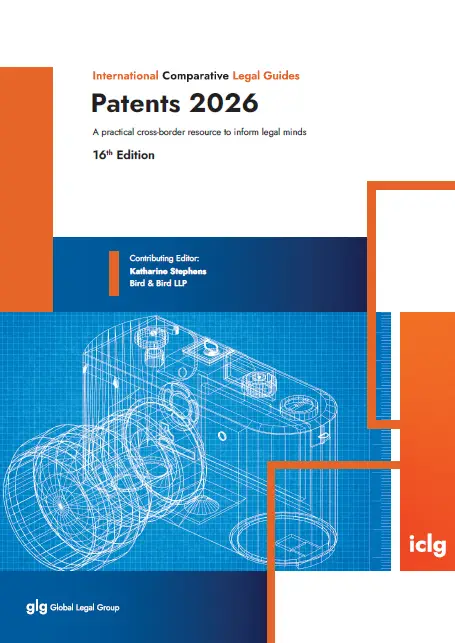

(October 2025)
Kenji Tosaki


Claire Chong, Nozomi Kato (Co-author)
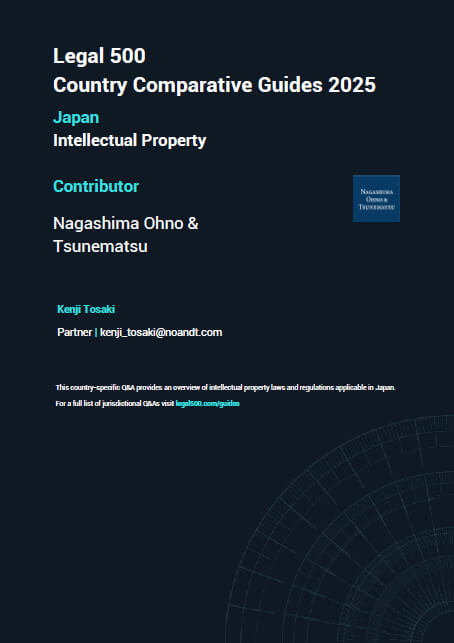

(September 2025)
Kenji Tosaki


(August 2025)
Oki Mori, Akiko Inoue (Co-author)


Claire Chong, Nozomi Kato (Co-author)
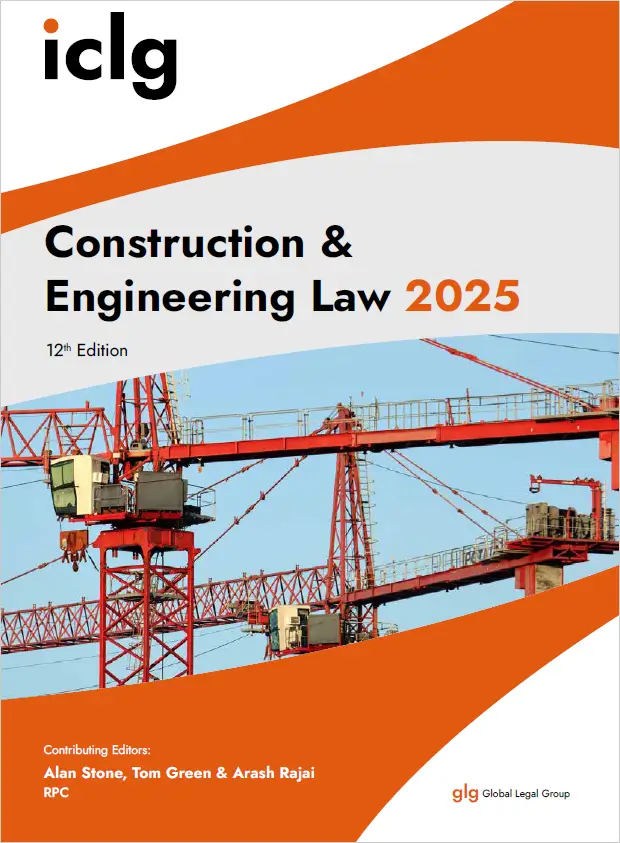

(August 2025)
Kaori Sugimoto
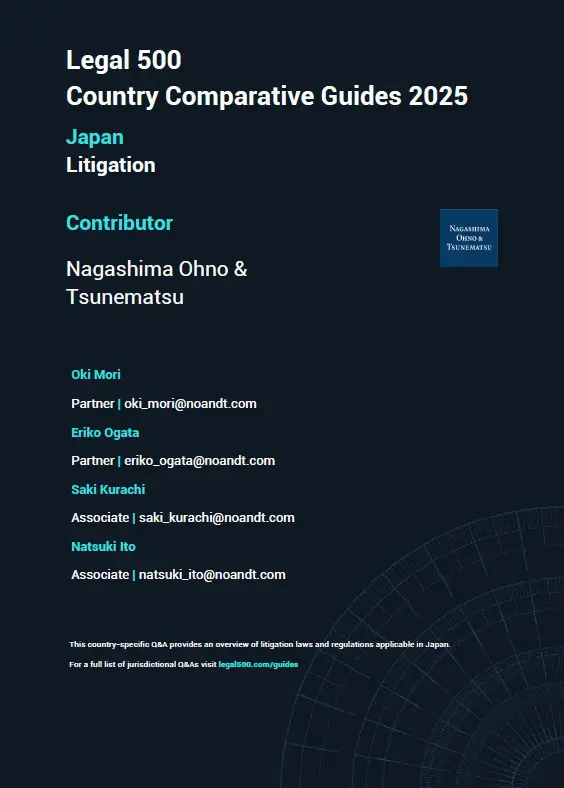

(July 2025)
Oki Mori, Eriko Ogata, Saki Kurachi, Natsuki Ito (Co-author)


(February 2025)
Koki Yanagisawa, Hiroyuki Ebisawa (Co-author)


Claire Chong, Nozomi Kato (Co-author)


(August 2025)
Kaori Sugimoto


Justin Ee, Kennosuke Muro (Co-author)
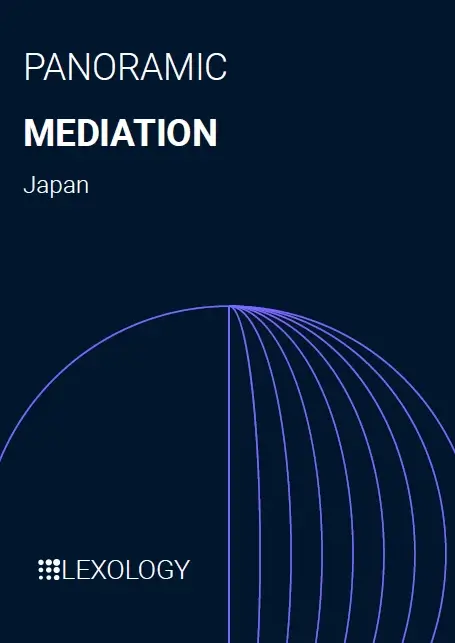

(July 2025)
Junichi Ikeda, Tomohiko Nabeshima, Akiko Inoue (Co-author)


Claire Chong, Nozomi Kato (Co-author)


Yuan Yao Lee


Hoai Truong


Nopparak Yangiam, Parot Promkam (Co-author)


Claire Chong, Nozomi Kato (Co-author)


Yuan Yao Lee


Hoai Truong


Nopparak Yangiam, Parot Promkam (Co-author)


Claire Chong, Nozomi Kato (Co-author)


Justin Ee, Kennosuke Muro (Co-author)


Kara Quek, Kennosuke Muro (Co-author)


Annia Hsu, Kennosuke Muro (Co-author)